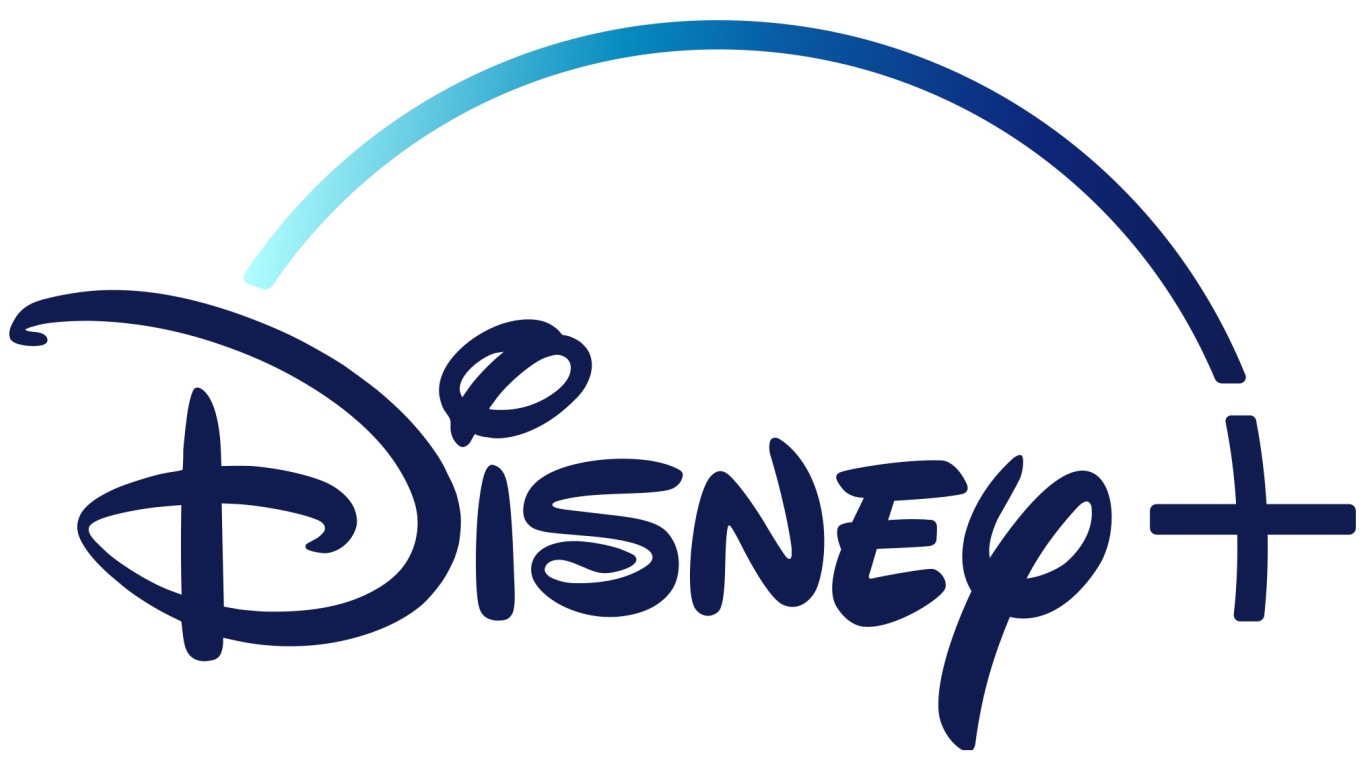
Shares of Chesapeake Energy Corp. (NYSE: CHK) have jumped from a low of $7.77 on May 14 to close at $12.49 just two trading days later. The stock rocketed 32% higher in morning trading Friday. The two-day jump represents a stock price increase of nearly 61%.
Did the company strike more oil or natural gas? Has Chesapeake Energy stock become a cryptocurrency? What causes a stock that has lost about 95% of its value since January to soar that much?
The Only Recent News From Chesapeake Didn’t Seem Particularly Good
On May 15, Carlyle Group Inc. (NASDAQ: CG) filed an amended Schedule 13G with the U.S. Securities and Exchange Commission (SEC) reporting that it held no shares in Chesapeake. That was quite a shift from February 14, when the investment firm reported that it had acquired an 8.8% interest in Chesapeake (172.9 million shares).
Carlyle’s sale occurred on May 12, about a month after Chesapeake completed a 1-for-200 reverse stock split. Shares of Chesapeake Energy traded at a pre-split price of around $0.13 and a post-split price of about $26. The stock closed at $26.85 on the day the reverse split was announced.
Generally, when a major private equity firm dumps its entire stake in a company, the share price falls. In this case, Carlyle may just have been getting rid of a stock that had lost about half its value in the three months the firm owned it. Commodities prices had tanked, oil stocks were sliding and one analyst had put a Strong Sell rating on Chesapeake’s shares. The reverse split just meant that Carlyle owned fewer shares in a still-declining company.
Just last week, Carlyle pulled out of a deal to acquire a stake in the global travel business of American Express Co. (NYSE: AXP). Carlyle had partnered with Singapore’s sovereign wealth fund to offer $450 million in exchange for 20% of the Amex business. The two partners claim they pulled out because Amex was going to use the money for operations rather than expansion and dividends.
The parallels between Carlyle’s investment in Chesapeake and its putative investment in Amex are easy to spot, especially in light of the firm’s first-quarter loss of more than $600 million.
How Chesapeake Plans to Survive
Aside from the reverse split that raised serious concerns among investors about Chesapeake’s ability to survive, the only other step the Oklahoma City-based company has taken recently is to prepay executive bonuses totaling $25 million to 21 company employees. The company also said its annual incentive plan will be converted to provide an opportunity for employees to receive cash retention payments earned on a quarterly basis over a 12-month period as long as they continue to work for Chesapeake.
On the one hand, the prepaid bonuses don’t look good. On the other hand, if ensuring that these 21 people can save the company, it may be a small price to pay.
Analysts and some reporters have expected a Chesapeake filing for bankruptcy for several months, if not longer. Now that crude oil prices have begun to recover after a record-breaking dive last month, the company may appear to investors to be on the mend.
With a long-term debt overhang of more than $9 billion, Chesapeake is not going to be saved by rising oil prices alone. Even if crude somehow reaches $40 a barrel again, the company’s ability to survive as a going concern remains dangerously thin.
Credit Card Companies Are Doing Something Nuts
Credit card companies are at war. The biggest issuers are handing out free rewards and benefits to win the best customers.
It’s possible to find cards paying unlimited 1.5%, 2%, and even more today. That’s free money for qualified borrowers, and the type of thing that would be crazy to pass up. Those rewards can add up to thousands of dollars every year in free money, and include other benefits as well.
We’ve assembled some of the best credit cards for users today. Don’t miss these offers because they won’t be this good forever.
Flywheel Publishing has partnered with CardRatings for our coverage of credit card products. Flywheel Publishing and CardRatings may receive a commission from card issuers.
Thank you for reading! Have some feedback for us?
Contact the 24/7 Wall St. editorial team.
 24/7 Wall St.
24/7 Wall St.


